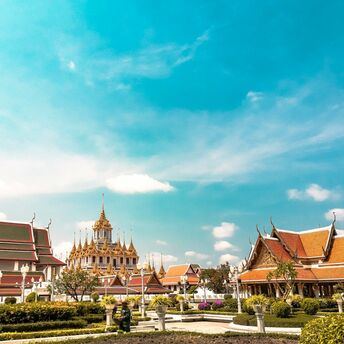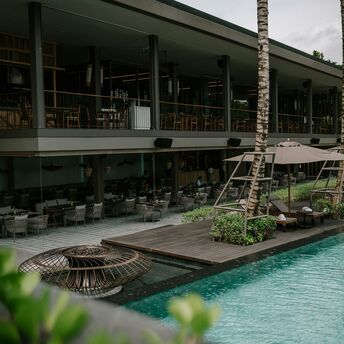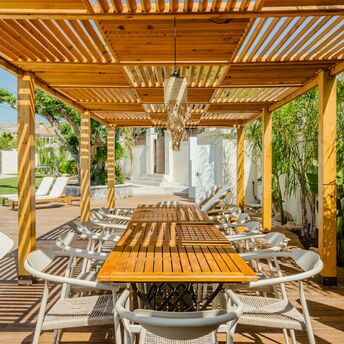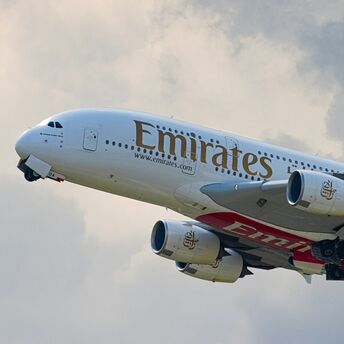First NoMad Hotel in Asia to Open in Singapore’s City Centre
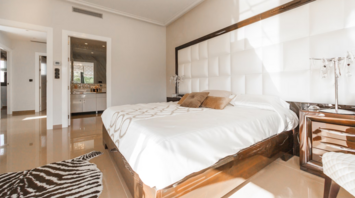
Hilton plans to bring the NoMad hotel brand to Asia for the first time, choosing Singapore as its launch site. Scheduled to open in early 2027, the 173-room property will be located on Orchard Road, a prominent commercial and tourist hub in the city. Hilton’s decision points to a broader push toward key Asian cities as the region’s hospitality market continues to evolve.
Hilton has teamed up with UOL Group, a Singapore-based company involved in real estate and hospitality, to bring the project to life. Positioned within the "luxury lifestyle" segment, the hotel is expected to combine upscale accommodation with elements of local culture, dining, and event programming. The NoMad concept has previously been associated with integrating hospitality services and regional characteristics.
NoMad is built on the concept of a hotel as a welcoming home filled with stories, where every detail – from its interiors and rich visual appeal to its thoughtfully curated dining experiences – comes to life.
The area around the hotel includes a combination of commercial venues, entertainment facilities, and historical landmarks. Visitors can try local dishes at nearby hawker centres or opt for a variety of international restaurants in the area. Public transportation links are easily accessible, connecting the location to other key districts in the city, such as Marina Bay, the Civic District, and Chinatown.
Located in Singapore’s central district, the hotel gives both regional and international visitors easy access to nearby attractions. Orchard Road is known for its concentration of retail centres, including department stores and shopping malls. Within walking distance are also cultural venues such as the National Museum of Singapore and the ArtScience Museum, as well as urban green spaces like Fort Canning Park.

Once open, NoMad Singapore is expected to contribute to the diversification of accommodation options in the region. The concept highlights visual design, connection to place, and guest interaction as part of the experience. For visitors, this may offer alternatives to conventional luxury stays through more regionally attuned formats.



